#BlackAtMizzou
Students use #BlackAtMizzou to share their experiences of injustice, racism and prejudice at MU.
If you have been active on Twitter in the past few months, you have probably seen #BlackAtMizzou on the trending page. The hashtag tells University of Missouri (MU) students’ experiences of racism on the Mizzou campus. @AllisaNova_, a Twitter user and Mizzou student, called for a “virtual demonstration” Monday, June 1, and asked Black students to share their experiences of injustice, racism and prejudice at MU.
Many people shared their stories, but one that stood out was about students studying abroad in New Zealand. Out of 45 students, six of them were Black. @richardssyd (one of the students), said that they were all having a great time hanging out on the trip. The students were joking around, until a fellow student decided to use a racial slur and laughed afterward.
“[We were] so appalled and shook [that] she had the audacity to let that come out of her mouth,” @richardssyd wrote in a tweet. “We immediately had to remove ourselves from the situation.”
The students told the student coordinators and professors about the incident, and the girl ended up getting sent home from the trip. “The whole time leading up to the trip [the professors] said you would not get the credit if you didn’t complete the program course,” wrote @richardssyd. However, the dismissed student still received credit for the class, according to @richardssyd. Twitter user @kikimama09, in a comment below the thread, wrote: “the privilege… she got credit because they didn’t think [that] she was wrong for saying [the racial slur]. They sent her home for [the students’] benefit.”
Other incidents where Black students have felt discriminated against have occurred. For instance, @Sydney_marie09, another student at MU, was told that “[they] don’t act like a black girl,” and “[they’re] the whitest black girl [someone has] ever met,” by other students at MU. Many comments under this tweet said that Black people find it frustrating to constantly hear these remarks. These stories opened many people’s eyes about the unseen racism affecting Black students in everyday environments. At Mizzou, Black students studying together have had professors move them apart from each other, fearing they might be cheating on a test, according to @kaylaxjoi on Twitter. This teacher thought that a group of kids might be cheating solely because of the color of their skin. Instances like this are examples of the systemic racism that happens every day.
Since the arrival of this hashtag, a light has been shed on Black students who feel discriminated against. Mizzou spokesman Christian Basi has said in an interview with New Bloomfield News that “this is something we are able to take a look at and learn from and determine what are the next best steps to go forward.”
With racism being a critical topic on the Mizzou campus, a petition to remove the Thomas Jefferson statue from the University of Missouri Quadrangle has been made based on his ownership of more than 600 slaves. It has more than 2,000 signatures according to Basi. AJ Foster said, “it is important to hold MU accountable,” in an interview with KMOX.
In an interview with KMOX, MU system president and Interim MU chancellor Mun Choi was hopeful that change is imminent.
“We have vowed to do more as we have met with numerous Black students, staff and faculty,” Choi said. “They described the immense toll that systemic discrimination and racism has taken on their confidence in justice, on their mental health and on their hope that true change will ever happen.”
It would be beneficial for people to read these tweets because they are educating and important with the racial movement going on right now.
After the death of George Floyd, more Black people have shared instances where they have experienced racism, and not just at Mizzou. The #BlackAtMizzou is supposed to be “a way to bond and share black trauma, especially at Mizzou,” AJ Foster, hashtag creator and MU senior, said. Its purpose is to bring awareness to rather than suppressing the daily racism that Black people experience each day.
Your donation will support the student journalists of Kirkwood High School. Your contribution will allow us to purchase equipment and cover our annual website hosting costs.

She/Her
Hobbies and Interests: dancing, reading, shopping, fashion, writing
Favorite song: All Too Well by Taylor Swift
Favorite Quote: "I like...

She/Her
Hobbies and Interests: painting, going on hikes with my dog, gardening, and watching Rupaul's Drag Race
Favorite song: Remember When by...


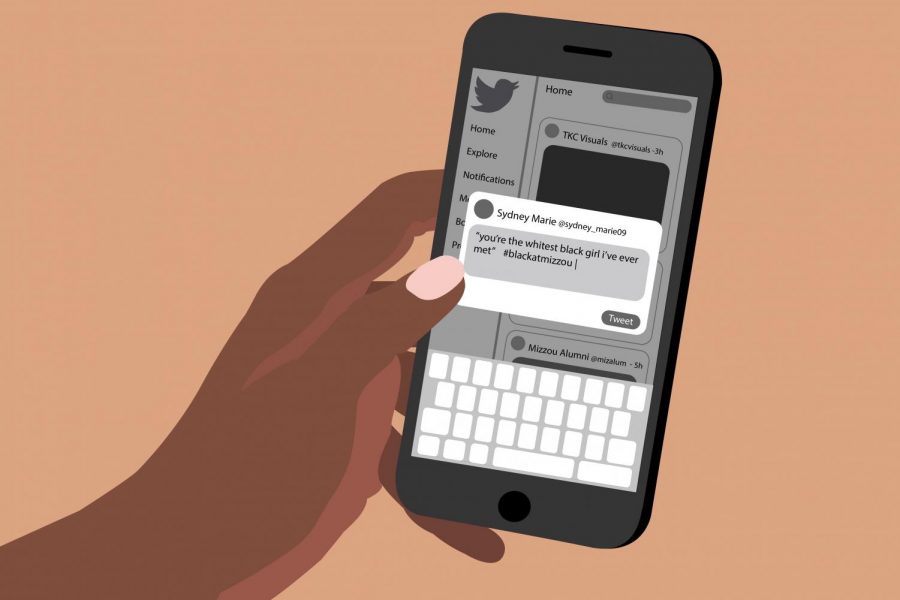
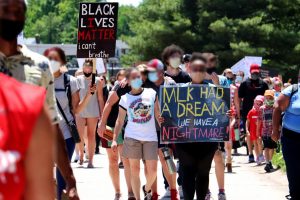
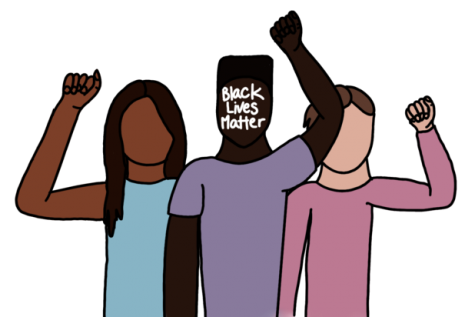
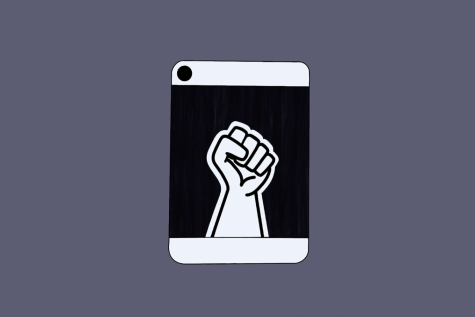
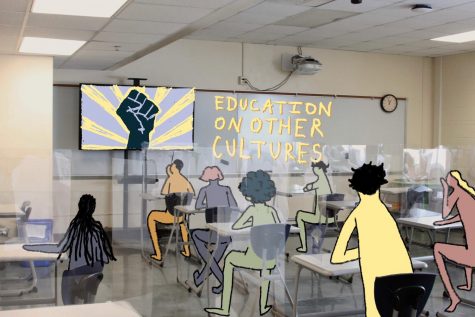
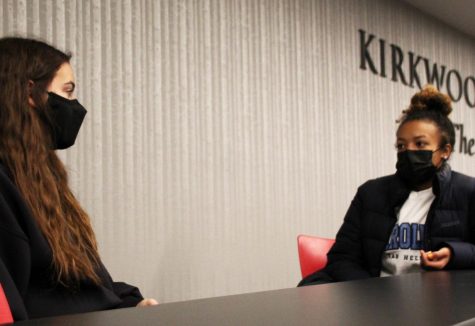
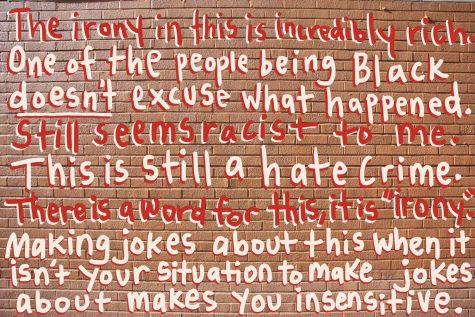





Janie Brinker • Sep 9, 2020 at 8:29 am
Caroline This is a very good article. Something that we should all think about and come together!!